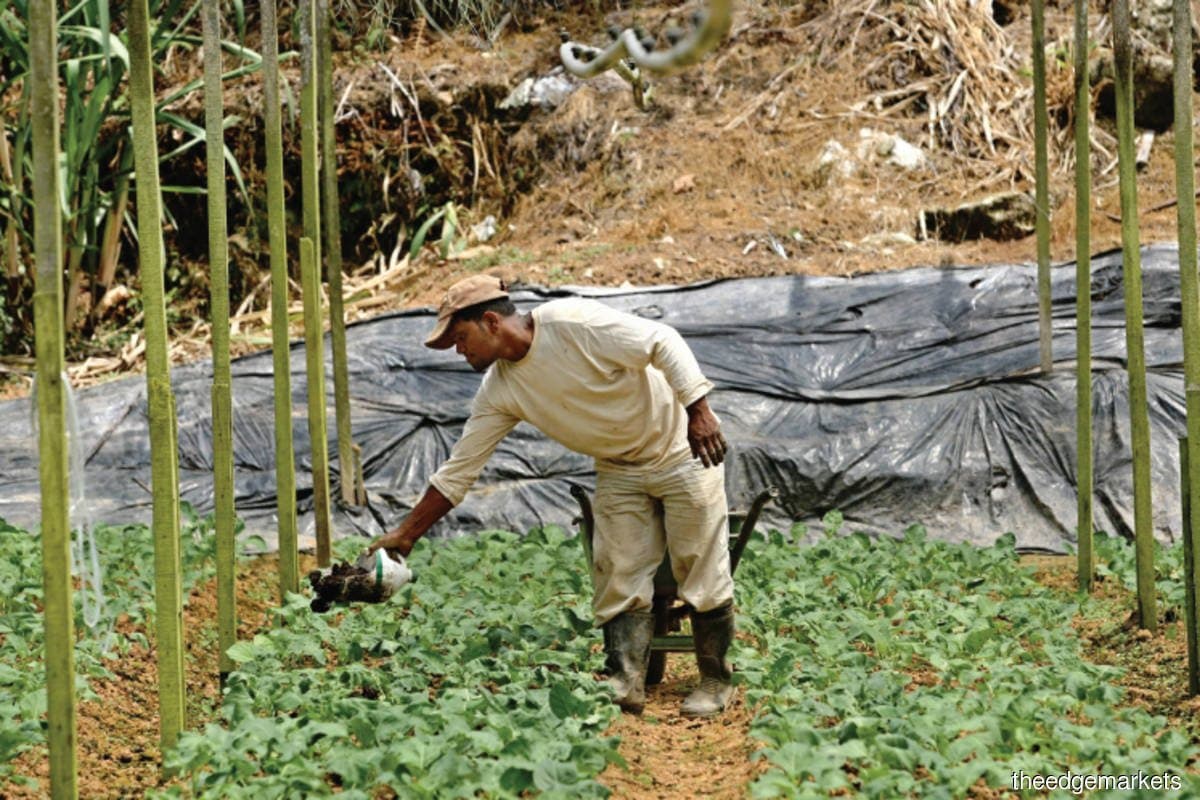
KUALA LUMPUR (Dec 17): More private sector actors need to come into the agricultural industry, which means the rules and regulations that govern the industry also need to be changed to enable their involvement as well.
During a panel discussion following the launch of the World Bank Group’s Malaysia Economic Monitor, Khazanah Research Institute (KRI) senior research associate Dr Sarena Che Omar said Malaysia has not exploited its full potential as an exporter of fruits and vegetables, and instead has become increasingly reliant on importing high-value foods.
She explained that in 2008, Malaysia imported RM60 billion worth of food.
“At face value, this [figure] may sound scary. But I want to tell the audience that is listening right now, don’t be too freaked out by the amount of imports per se. That is quite typical [of a nation] that is becoming or has become a high-income country, they tend to consume more diversified food," she said.
She added that in the last five years, Malaysia's consumption of premium, high-value foods such as salmon, avocados, chocolates, strawberries and oysters have gone up, which contributed to the rising value of imported foods.
Sarena then explained that while it is not wrong to import food, Malaysia is not taking advantage of its location on the equator and selling and exporting “goods that are really special” such as exotic tropical fruits and the distinct rice varieties found in Sabah and Sarawak that cannot be found elsewhere.
She added that SMEs should be encouraged to enter the industry, and push for the marketing, trade and export of such goods. However, restrictive regulations designed to protect the local rice supply must be changed to encourage the growth of these new businesses.
Meanwhile, Institute of Strategic and International Studies (ISIS) senior visiting fellow Dr Larry Wong noted Malaysia’s long trading history, giving it leverage in global and regional trade.
He explained that one way of leveraging Malaysia’s various strengths in the agriculture sector is to organise the necessary scale for larger production, as the country already has the scale and expertise when it comes to the plantation sector — from researchers and managers to labour.
“So how can we translate this to some of the other crops? That is why we talk about getting some of the big boys involved in the sector, not only in rice,” Wong said.
PWD Smart Farmability's Dr Billy Tang viewed that food production has to be decentralised. He noted that while Covid-19 did not break the food production system, it certainly exposed its weaknesses.
“We are looking at Selangor. Selangor has 64 neighbourhoods. Every neighbourhood has a couple of tamans [parks]. We can set up decentralised greenhouses so that we don’t have to add transportation costs to our produce
"They [the crops] are locally procured, and fight a situation in the country where supply is halted during this [Covid-19 pandemic] period. So agriculture is no longer about farming but feeding the people. By having a decentralised greenhouse, it drives 'plant local, grow local and eat local', driving the local economy,” said Tang.
Read also:
Economic outlook for 4Q more challenging than initially expected, says Mustapa
Covid-19 forced govt to go back to drawing board on 12MP, says Mustapa
Malaysia to revisit approach to agriculture, says Mustapa
Malaysia’s agrifoods 'less dynamic' than tree crops, says World Bank
Malaysia’s 2021 economic recovery underpinned by effective vaccine roll-out, says World Bank